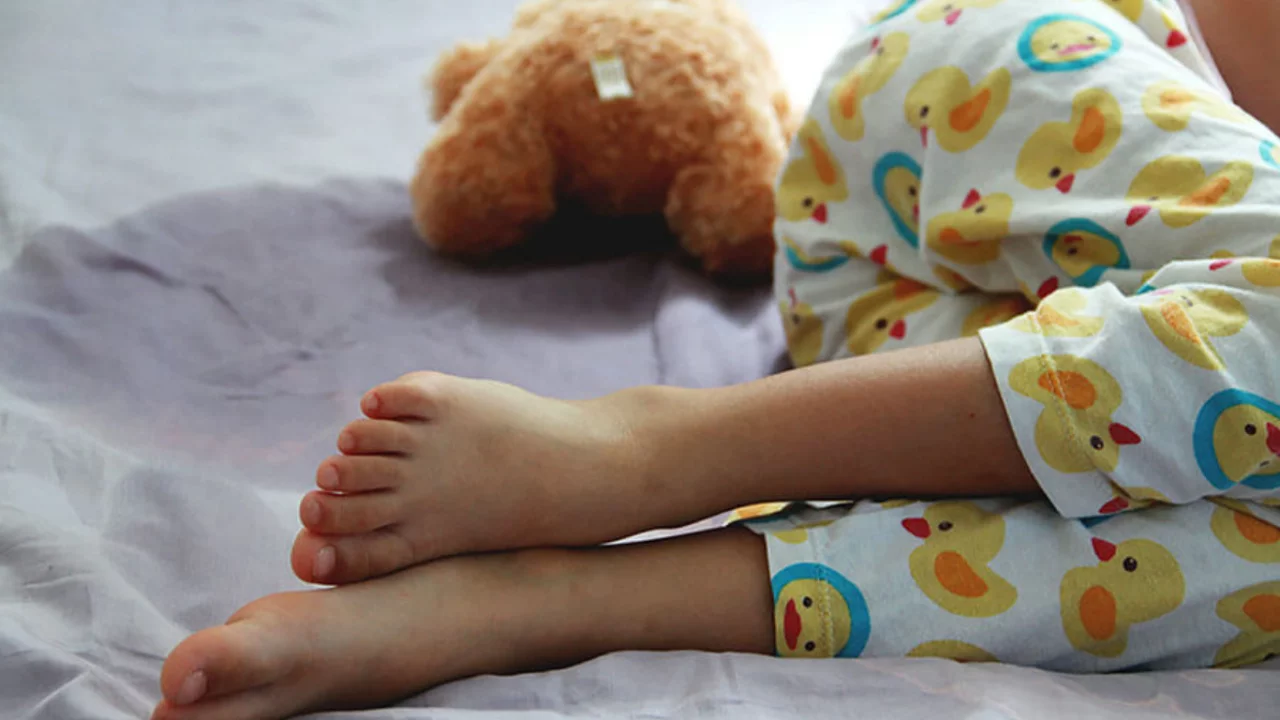Is Your Child Still Wetting the Bed? Experts Warn Parents!

Many parents do not see their child’s nighttime bedwetting — known as enuresis — as a serious issue. “They’ll outgrow it,” they say. But what if it continues after the age of five? Especially among teenage girls, this condition can lead to future psychological and social problems.
Enuresis — Not Just a Habit, but a Clinical Condition
According to Adiba Hoshimova, a specialist from the Tashkent City Center for Pediatric Neuropsychiatric Diseases, enuresis is a condition that manifests as involuntary urination during sleep and must be taken seriously after the age of five.
Studies show that it affects 10% of 5-year-olds, 5% of 10-year-olds, and 2% of 14-year-olds. Even at 18, one out of every 100 may still struggle with this. Boys are 1.5–2 times more likely to have enuresis than girls.
Many Causes — But Parents Are Responsible
Experts state that the following factors may lead to enuresis:
- Underdeveloped central nervous system;
- Infections;
- Constipation and fecal incontinence;
- Gastrointestinal disorders, chronic tonsillitis;
- Family stress or conflicts;
- Genetics (if one or both parents had enuresis, the risk is higher).
If both parents had enuresis, the child has a 77% chance of experiencing it too.
Enuresis Is Treatable — With Patience
First and foremost, consult a psychiatrist or neurologist. The doctor will assess the child’s overall health, family background, past illnesses, congenital issues, and spinal condition.
Treatment should be comprehensive:
- Calming medications, vitamins;
- Physiotherapy (paraffin, acupressure massage);
- Anti-inflammatory treatment;
- Physical activity, especially swimming.
Swimming not only strengthens the body but also soothes the child’s nervous system. It should be practiced year-round for best results.
Family Environment and Parental Role Are Crucial
Experts warn: constant scolding and interrogation can emotionally harm a child. Enuresis is not the child’s fault. It is considered a physiological norm up to age five. Family disputes and neglect worsen the issue.
Let Enuresis Not Become a Social Burden
According to the WHO, 40% of children with enuresis suffer from psychological disorders. They may become withdrawn, avoid friends, and fall behind in school. This affects both their present and future.
So, if your child has this problem, don’t delay. Don’t blame — seek professional help. Remember: enuresis can affect the whole family. There is a cure — with patience and care. Read “Zamin” on Telegram!
Ctrl
Enter
Found a mistake?
Select the phrase and press Ctrl+Enter 












